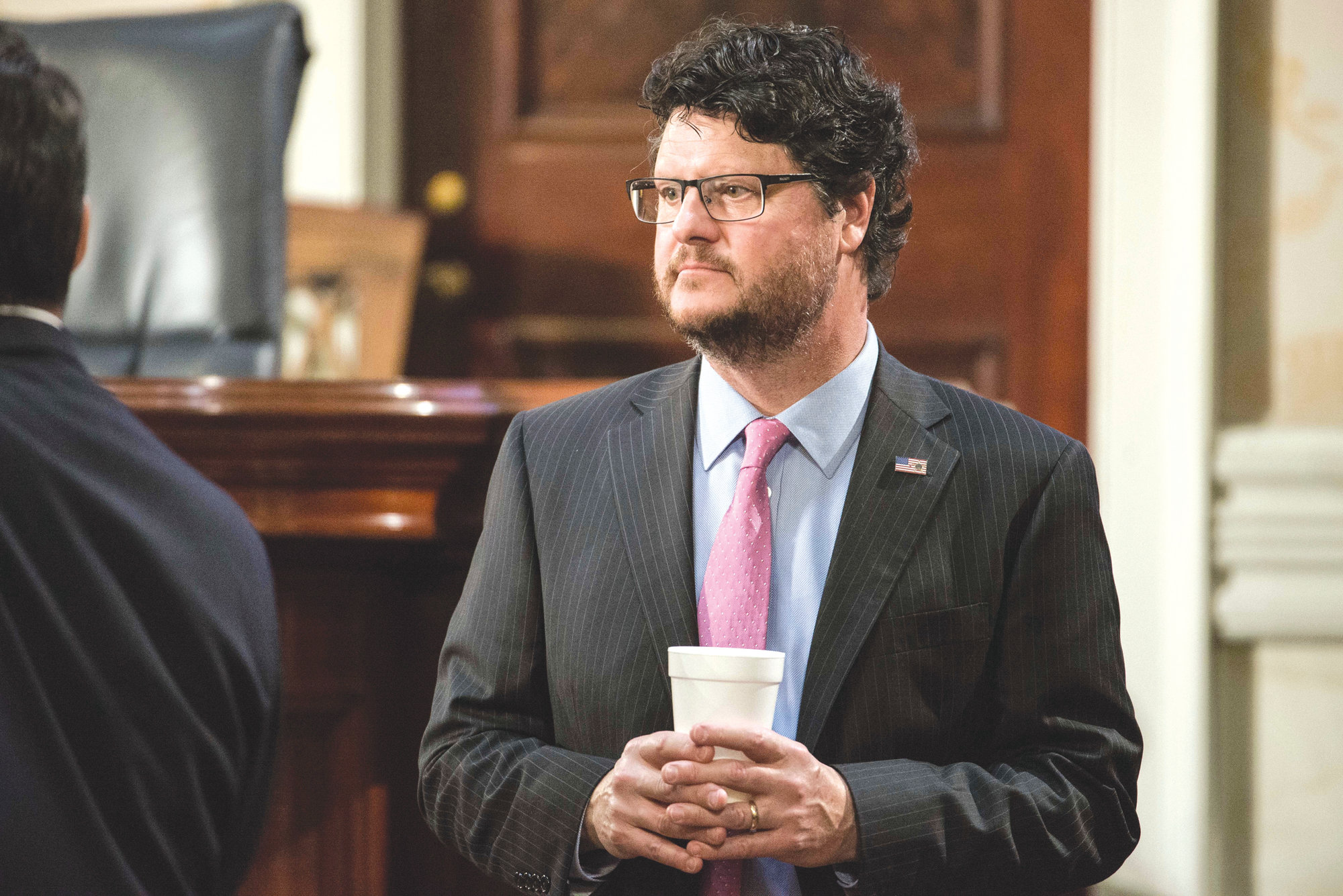S.C. House GOP focusing on education, tax reforms
The Associated Press
COLUMBIA - Hundreds of bills are filed at the beginning of each legislative session, but only a few ever see the light of day. Some are meant to grab attention or piggyback on a national issue. Others are prewritten and originate from lobbyists' concerns, cookie-cutter proposals that vary little from state to state across the country.
In South Carolina, proposed legislation has little to no chance of even coming up for a vote without the support of the House GOP Caucus, whose members comprise more than 60 percent of the chamber. In an interview Monday with The Associated Press, House Majority Leader Gary Simrill laid out the caucus' upcoming session agenda, which contains a heavy focus on reforms in education and tax systems.
Here's a look at what will be driving the agenda when the Legislature returns to the House chamber next month for the 2019 session:
HIGHER EDUCATION
First up, Simrill said the caucus wants to work on a better plan for funding the state's higher education system, rather than relying too heavily on money coming from the state lottery. Most of the money raised by the South Carolina Education Lottery goes for merit-based, college scholarships, while some of the money accounts for K-12 education to buy school buses and pay for other education programs. South Carolina's education system, however, continues to rank near the bottom nationally.
"We have not lived up to the General Assembly's end of the bargain when it comes to supporting higher ed and the institutions," said the Rock Hill Republican. "We allowed what was billed as the panacea - the lottery - to take care of it, and it didn't."
Adding that he looks forward to working with incoming Commission on Higher Education Chairman Wes Hayes - a friend and former state senator from his home area - Simrill said he wants input from more than college and university presidents when he holds hearings for a budget subcommittee focusing on higher education.
"I want to hear more from boards of trustees, many of whom are elected by the General Assembly, and then I want to hear from students and parents," Simrill said.
K-12 EDUCATION
For K-12 education, Simrill said it's imperative to work toward reformatting the state's system to focus more on children's needs, rather than necessarily mandating more testing benchmarks.
In the budget passed last session, all of the state's public school teachers get a 1 percent raise, and extra money will assure no teacher makes less than $32,000 a year. Currently about 20 school districts in poorer areas have lower starting salaries.
"What we need to do is let the money follow the child," Simrill said, proposing a system that would more carefully track funding allocations as students move through the system.
Simrill related the story of a local school district that, rather than going through the bureaucratic process of simply requesting available funds needed for an additional school bus stop, allowed children to walk another tenth of a mile across a railroad track to get to the closest stop.
"Is the focus now off the student?" Simrill asked. "In reality, what we need to do is what's right, and don't legislate what to do, just do what we need to do."
TAX REFORM
Having handled conformity with federal tax guidelines last session, Simrill said Republicans also plan to prioritize reform of the state tax system.
Part of the solution could be in amending Act 388, which more than a decade ago began replacing local property tax on owner-occupied homes with a one-cent sales tax increase on most retail purchases. New businesses that come to South Carolina are often showered with incentives and benefits, but Simrill said there needs to be a focus on finding ways to make existing companies in the state feel valued.
"I think that needs to be where we begin," Simrill said. "You want the businesses that have been here to thrive in South Carolina, but our actions speak otherwise."
More Articles to Read

